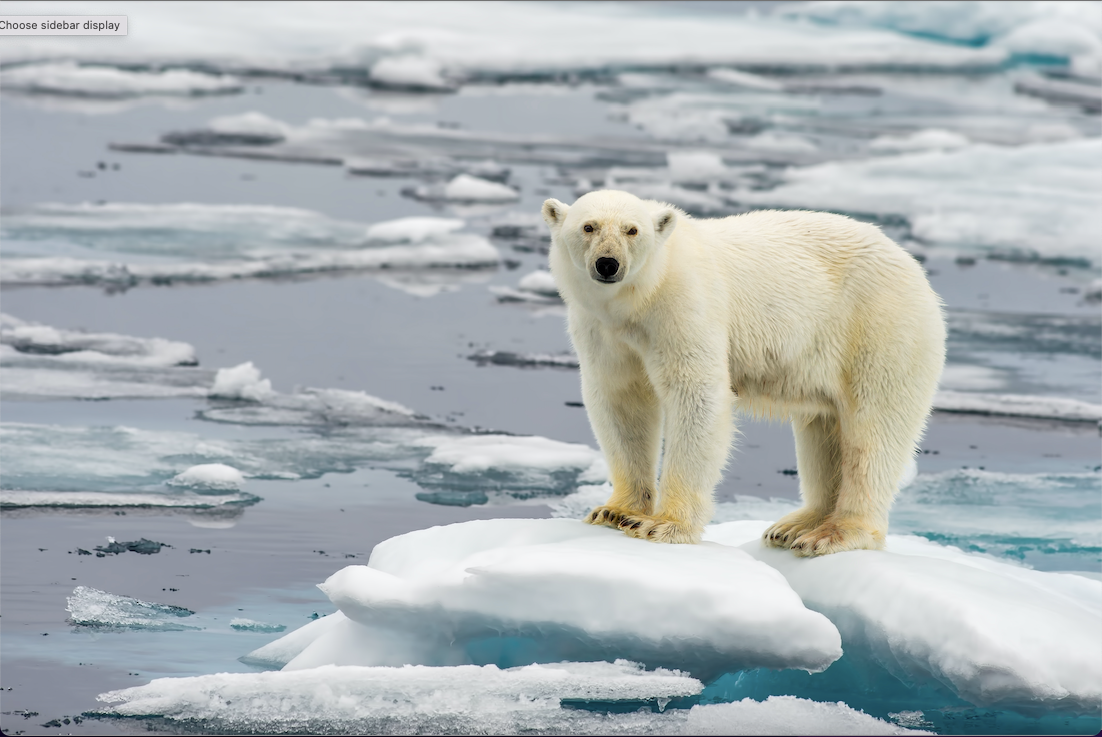The social and economic changes required to give life, as we know it, a fighting chance to continue, are monumental. In such straitened circumstances, it is unsurprising that many working on climate action and energy – NGOs, vested interests and clean energy companies – hunker down behind simplified narratives. Meanwhile, journalists emphasise the dystopian futures outlined by climate models (bad news sells) and focus on the solutions or scenarios that best fit their media’s political or ecological bias.
In the middle of all this sits the general public. People know climate change is happening and that something has to be done, but it can be difficult to know what to think and how to act when the debate is often framed around absolutist statements rather than tangible solutions.
From the Intergovernmental Panel on Climate Change’s latest report to recent data from France and Spain showing the impact of drought and water shortages on wildlife and farming, few indicators show we are moving in the right direction to stop dangerous levels of global warming. At the same time, there is no shortage of news about certain sectors making hay while the sun still shines; think of Big Oil’s massive profits of late and the continuing spike in sales of SUVs.
In the face of this dichotomy, it can be difficult not to conclude we are going to hell in a handcart. Yet, as research published this month by scientists at the University of Lausanne, Switzerland, shows, shouty disaster-focused headlines could actually make a bad situation worse.
The Swiss study, published in Global Environmental Change, and based on analysis of around 50,000 scientific publications from 2020, shows the media tends to focus on “large-scale climate projections that will occur in the future, and a narrow range of threats such as polar bears, drought and melting glaciers”. Such coverage will do little to trigger “pro-environmental behaviours in readers”, say the researchers.
If the media – and other communicators – are to create behavioural change around climate change, they must take a much more solutions-orientated approach. The focus should be showing how “climate change has direct consequences on our lifestyles, our immediate environment or our finances”, says Marie-Elodie Perga, co-author of the paper. Solutions put to the public should be “easy-to-implement acts [that] create an engagement that leads people to persist in and to generalise their actions”.

US Tariffs are shifting - will you react or anticipate?
Don’t let policy changes catch you off guard. Stay proactive with real-time data and expert analysis.
By GlobalDataLikewise, stories and narratives should ditch a “global focus” for more “place-based communication that accounts for local specificities”. Climate solutions should be discussed as collective, rather than individual, actions.
In September 2022, a group of French journalists, backed by climate scientists, launched a charter on how to better engage the public on climate action. The charter converges with many of the findings in the Lausanne study, including its call for journalists to “inform on actual solutions”.
The charter’s demand for journalists to “cross-examine” those solutions and “guarantee transparency” by “carefully reviewing all data, facts, pieces of information given out and experts quoted” is good advice for everyone working on climate change. The complexity of the energy transition requires us all to think before we speak or write, and continually educate ourselves.
Clark Williams-Derry, an energy finance analyst at the Institute for Energy Economics and Financial Analysis, a US-headquartered think tank, suggests a dose of “humility” would also do us all good.
“It is just plain hard to know the long-term effect of any policy or event,” he says. “People who express the most self-confidence tend to be the most wrong, but they often wield the most influence. I think humility, particularly about predicting the future, is always a virtue.
“Humility doesn’t mean throwing your hands up in the air and saying, ‘nobody knows anything for sure, so there is no point trying to influence the future’,” he adds. “It is a matter of being willing to adapt to new information that might alter your thinking or perspective rather than automatically rejecting new information that conflicts with your prior beliefs.”
Exactly what information people receive and how it is framed will ultimately influence how willing they are to accept certain facts and deviate from previous convictions and patterns of behaviour.





